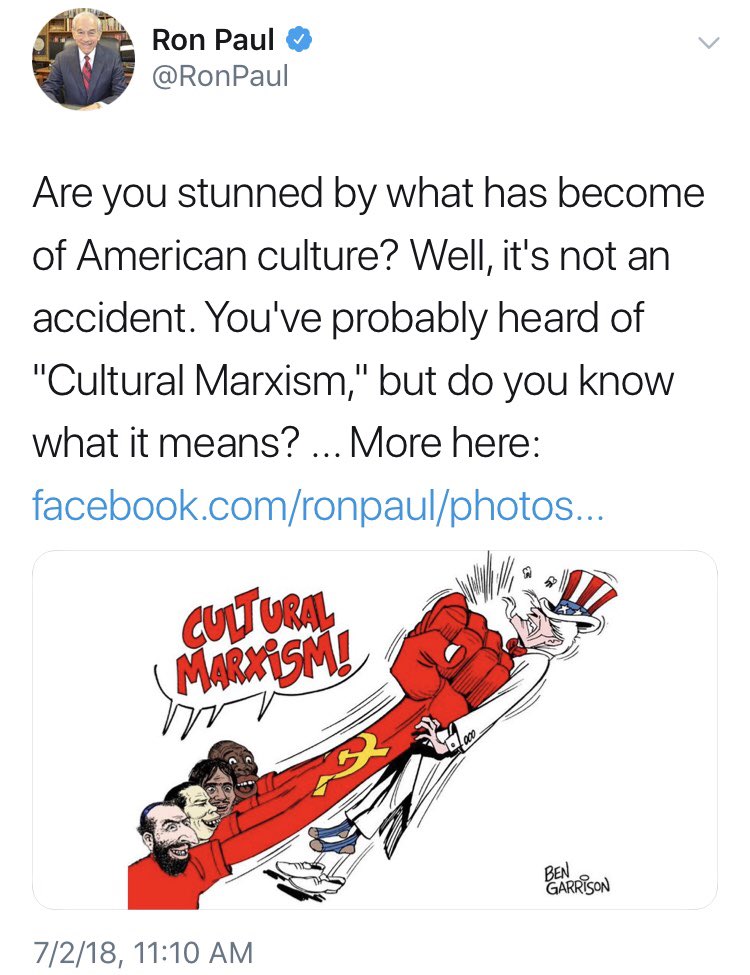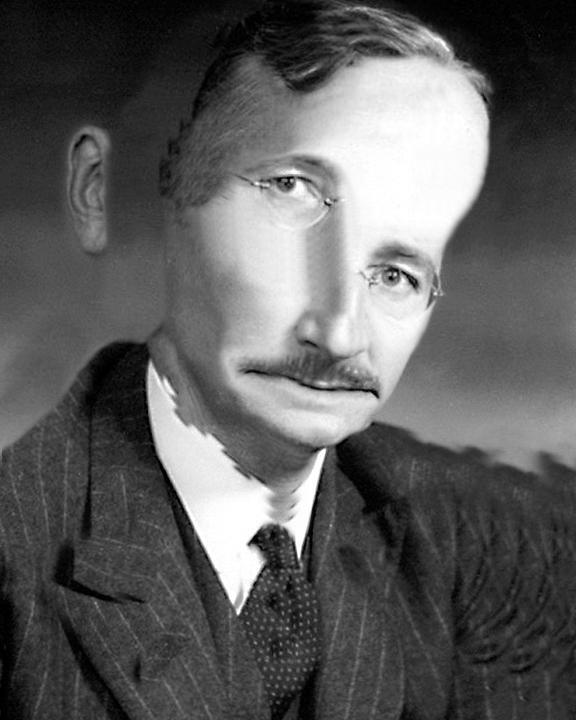The Gateway Drug
 Paleolibertarianism was a consciously devised mutation of Austrian-influenced libertarianism, concocted by the late-20th century’s most prominent devotee of Austrian dogma, Murray Rothbard (and his fawning cohorts).
Paleolibertarianism was a consciously devised mutation of Austrian-influenced libertarianism, concocted by the late-20th century’s most prominent devotee of Austrian dogma, Murray Rothbard (and his fawning cohorts).
Libertarianism today draws on several sources. Ayn Rand is the best known, but the more influential is arguably Murray Rothbard. (Rothbard’s attitude to Rand fluctuated.) Rand is more influential for her ‘ideas’. Rand is more accessible, despite putting up a superficial show of intellectualism. Rothbard is harder to get a handle on. Unlike Rand, he is a genuine intellectual – which is often a question of how one couches ideas rather than the ideas themselves. And he develops. And he writes long, involved, serious articles (though they get less serious-minded as he gets older). I would argue that his influence is less in actual ideas and more in the surrounding spheres of aesthetics/style and tactics/strategy. After all, in fusing libertarianism with conservatism to create paleolibertarianism, the libertarians consciously submerged certain libertarian ideas. What succeeded – from the libertarian point of view – was arguably less the fusion than the style: the strategic attempt to use populist reactionary politics to further the ends of liberal economics.
Paleolibertarianism aimed to promote the relatively unpopular extreme free-market dogmas of libertarianism by joining them tactically to America’s powerful trends of post-60s reaction. It succeeded to a great extent. It pandered to, and (as far as possible) absorbed, extreme American cultural conservatism, racism, sexism, etc. It took a powerful place in the ecology of American reaction. It fed on the discontents of neoliberalism, and US imperialism, to achieve a quasi-rebellious presence in the mainstream of US politics, most of all in the person of Ron Paul.
We’ve talked about Ron Paul in previous instalments, and mentioned the publication under his name, or at least his ‘brand’, of infamous racist newsletters. People familiar with the content of those newsletters will have been unsurprised by Paul’s recent slip up on Twitter, when he explained the troubles of modern America with a cartoon which featured racist caricatures of various ethnicities (Jew, African American, etc) uniting to punch Uncle Sam with one massive fist made of ‘Cultural Marxism’.

Some libertarians have defended Paul over the years, but others have denounced him, asserting that the contents of the newsletters is paleoconservative rather than libertarian, and that it has no connection to the great pantheon of libertarian thinkers. There is certainly some truth to this. Our own Daniel Harper has suggested to me, in discussion, that Paul is actually not a libertarian but rather a paleoconservative (if, I’d say, an eccentric one) with an opposition to federal regulation rather than regulation per se. So, he’s maybe ideologically inclined towards a ‘states’ rights’ perspective which paleolibertarianism has, in my view, tended to flirt with opportunistically. Paul, of course, formally rejects the contents of his own newsletters and new tweets. But then a great many racists these days formally claim to not be racists. (I often wonder if the people citing that fake Churchill quote about “the fascists of the future… call[ing] themselves anti-fascists” have ever listened to the leading lights of today’s fascist movement steadfastly and indignantly deny that they are fascists.) …

 As we know, the Austrian School is – but is not limited to – a heterodox branch of bourgeois economics. It is, however, founded upon a more-or-less explicitly political project. And this project continues to animate its zombie, and its zombified victims, infected by its bite. But then the Austrians’ iteration of the new (in the 1870s) bourgeois economic doctrine of marginalism was always a political project, even in its dry theoretical basis.
As we know, the Austrian School is – but is not limited to – a heterodox branch of bourgeois economics. It is, however, founded upon a more-or-less explicitly political project. And this project continues to animate its zombie, and its zombified victims, infected by its bite. But then the Austrians’ iteration of the new (in the 1870s) bourgeois economic doctrine of marginalism was always a political project, even in its dry theoretical basis.  The early Austrian School was actually subject to a split. It stemmed from the first wave of the followers of its founder Carl Menger. Mengerians Friedrich von Wieser and Eugen von Philippovich were both a bit like Fabian socialists in their outlooks. Wieser, for instance, seems to have believed that marginal utility (the radically subjective basis of modern mainstream economics) provided a theoretical foundation for progressive taxation. But Wieser’s brother-in-law and fellow teacher, Eugen von Böhm-Bawerk, was of the classical liberal tradition. Böhm-Bawerk was a strident anti-Marxist who developed many of his own theories – which became foundational to the subsequent Austrian School – in the course of his criticisms of Marx. Böhm-Bawerk is still routinely credited by some with having demolished Marx… which he accomplished by systematically misreading, misunderstanding, and misrepresenting him.
The early Austrian School was actually subject to a split. It stemmed from the first wave of the followers of its founder Carl Menger. Mengerians Friedrich von Wieser and Eugen von Philippovich were both a bit like Fabian socialists in their outlooks. Wieser, for instance, seems to have believed that marginal utility (the radically subjective basis of modern mainstream economics) provided a theoretical foundation for progressive taxation. But Wieser’s brother-in-law and fellow teacher, Eugen von Böhm-Bawerk, was of the classical liberal tradition. Böhm-Bawerk was a strident anti-Marxist who developed many of his own theories – which became foundational to the subsequent Austrian School – in the course of his criticisms of Marx. Böhm-Bawerk is still routinely credited by some with having demolished Marx… which he accomplished by systematically misreading, misunderstanding, and misrepresenting him. As some of you will be aware, especially those of you who’ve been following my whining about it on Twitter, I’ve recently been finishing up something I’ve been writing about the Austrian School of economics (y’know, Mises, Hayek, Rothbard, right-libertarianism, etc). It’s my side of a collaboration with Phil for his next book. It’s taken a long time (my fault) but I just finished. One of the reasons it took so long was because I kept falling down rabbit holes, so to speak. The good thing about that is that it has left me with excess material I can write up. And here’s the first bit.
As some of you will be aware, especially those of you who’ve been following my whining about it on Twitter, I’ve recently been finishing up something I’ve been writing about the Austrian School of economics (y’know, Mises, Hayek, Rothbard, right-libertarianism, etc). It’s my side of a collaboration with Phil for his next book. It’s taken a long time (my fault) but I just finished. One of the reasons it took so long was because I kept falling down rabbit holes, so to speak. The good thing about that is that it has left me with excess material I can write up. And here’s the first bit.